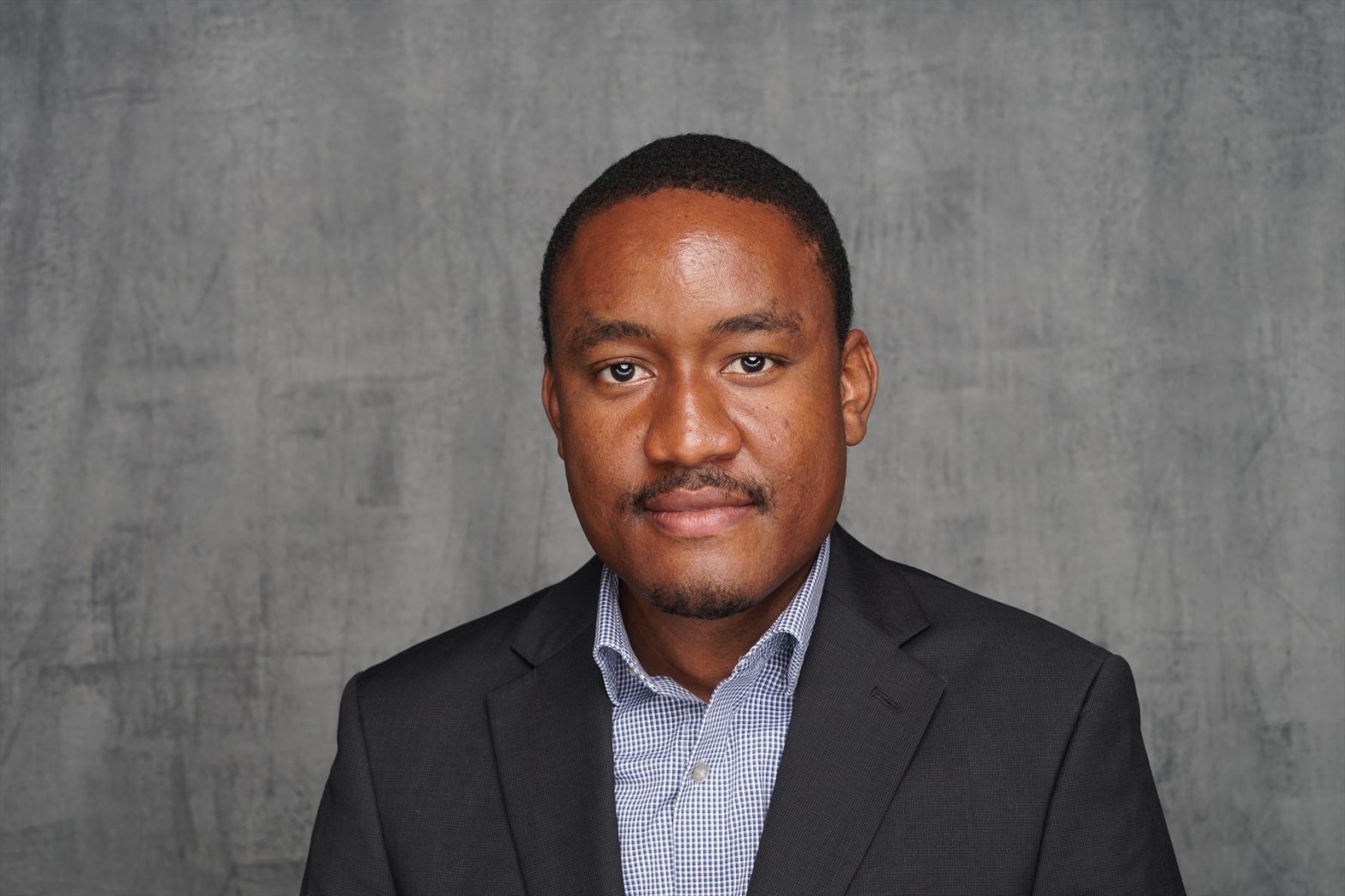Swiggy, the Softbank-backed food delivery company, is eyeing a 2024 stock market listing and has initiated talks with bankers to assess its valuation, after halting the process for months due to weak markets, three sources with direct knowledge of the matter said. Swiggy, which delivers food from restaurants and also groceries, was valued at $10.7… Continue reading Indian food delivery firm Swiggy said to have invited investment banks for IPO pitch
Tag: Morgan
“Hot growth tech name” Nvidia’s $25b share buyback puzzles some shareholders
Nvidia‘s move to buy back $25 billion of its shares after its stock more than tripled this year caught some investors off-guard, even as they cheered a stellar second-quarter report. Shares of Nvidia touched a record high on Thursday, a day after the company blew past expectations with its quarterly revenue forecast as an artificial intelligence boom… Continue reading “Hot growth tech name” Nvidia’s $25b share buyback puzzles some shareholders
REALTY INCOME ANNOUNCES $950 MILLION INVESTMENT IN BELLAGIO LAS VEGAS AT $5.1 BILLION VALUATION
NEW YORK and SAN DIEGO, Aug. 25, 2023 /PRNewswire/ — Realty Income Corporation (Realty Income, NYSE: O), The Monthly Dividend Company®, and Blackstone Real Estate Income Trust, Inc. (“BREIT”) jointly announced today that Realty Income has signed a definitive agreement to invest approximately $950 million to acquire common and preferred equity interests from BREIT in a new… Continue reading REALTY INCOME ANNOUNCES $950 MILLION INVESTMENT IN BELLAGIO LAS VEGAS AT $5.1 BILLION VALUATION
Untitled
NEW YORK, Aug 25 (Reuters) – Nvidia’s (NVDA.O) move to buy back $25 billion of its shares after its stock has more than tripled this year caught some investors off-guard, even as they cheered a stellar second-quarter report. Shares of Nvidia touched a record high on Thursday, a day after the company blew past expectations… Continue reading Untitled
Where Uber’s climate and autonomous driving goals will meet in the future
Back when Uber Technologies was going public in 2019, CEO Dara Khosrowshahi gave a low-key warning: The profit gusher would not really begin until the company developed self-driving vehicles, a project on which it was then investing heavily. In the meantime, Uber lost more than $25 billion, as its early autonomous-vehicle program floundered and it… Continue reading Where Uber’s climate and autonomous driving goals will meet in the future
DESERT SMASH ANNOUNCES 20TH ANNIVERSARY CHARITY TENNIS EVENT
The 20thAnnual Desert Smash will be produced by Brand Innovators at La Quinta Resort and Club on March 4-5, 2024 LA QUINTA, Calif., Aug. 24, 2023 /PRNewswire/ — Desert Smash, the most preeminent and globally recognized charity celebrity tennis event in the world, is heading back to La Quinta Resort & Club to serve up an… Continue reading DESERT SMASH ANNOUNCES 20TH ANNIVERSARY CHARITY TENNIS EVENT
Vietnamese internet unicorn VNG files for IPO in the USVNG becomes the first Vietnamese tech company to seek a listing in the US.
VNG Corporation, Vietnam’s earliest unicorn, has officially filed for an initial public offering (IPO) in the US through its listing vehicle VNG Limited. The filing, which makes VNG the first Vietnamese tech company to seek a listing in the US, comes about a year after the company floated the idea of listing on the Nasdaq.… Continue reading Vietnamese internet unicorn VNG files for IPO in the USVNG becomes the first Vietnamese tech company to seek a listing in the US.
Untitled
A smartphone with a displayed Arm Ltd logo is placed on a computer motherboard in this illustration taken March 6, 2023. REUTERS/Dado Ruvic/Illustration/File Photo Acquire Licensing Rights NEW YORK, Aug 23 (Reuters) – Chip designer Arm signed up 28 banks for its blockbuster initial public offering without giving them a fee arrangement, a reflection of… Continue reading Untitled
Northvolt raises $1.2 billion convertible note as first energy storage systems are produced at Northvolt Dwa
As Northvolt assembles its first battery systems at Northvolt Dwa in Poland, the company today announced the raising of $1.2 billion to finance plans for its further European and North American expansion. The funding is an extension of the $1.1 billion convertible note signed in July 2022, and has attracted investment from funds labeled dark… Continue reading Northvolt raises $1.2 billion convertible note as first energy storage systems are produced at Northvolt Dwa
Magenta Mobility appoints Dharmistha Chaudhary as CHRO as it looks to accelerate operations
Magenta Mobility, an integrated Electric Mobility solutions provider, has appointed Dharmistha Chaudhary as its Chief Human Resources Officer (CHRO). She has over 22 years of experience across sectors such as logistics, retail, and manufacturing, having worked with organisations like Sandvik Asia, Reliance Group, Chalhoub Group, and CMA CGM Group. Her appointment as Chief Human Resources Officer comes… Continue reading Magenta Mobility appoints Dharmistha Chaudhary as CHRO as it looks to accelerate operations

